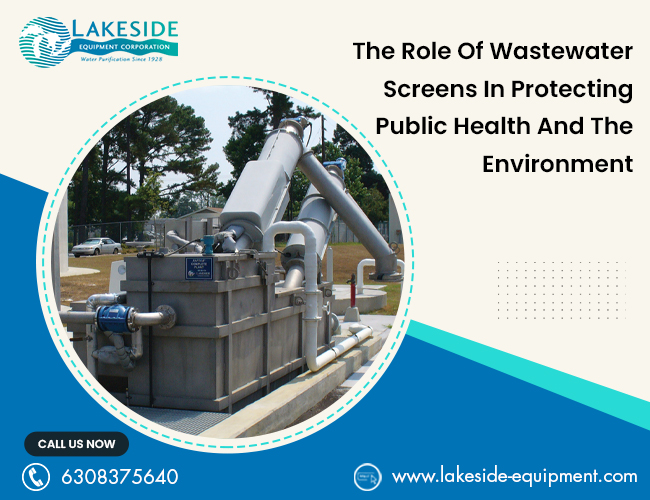The Environmental Impact Of Inefficient Wastewater Treatment
The increasing demand for clean water and the rising global population have put significant pressure on wastewater treatment plants to effectively manage and treat wastewater. The improper treatment of wastewater can have a significant impact on the environment, leading to contamination of water bodies, soil, and air. In this blog, we will discuss the environmental impact of inefficient wastewater treatment and how it can be prevented.
Wastewater treatment is an essential process that ensures the safety of our environment and public health. When wastewater is not properly treated, it can cause devastating environmental impacts that affect the health of our communities. One of the main culprits of inefficient wastewater treatment is the presence of fat, oil, and grease (FOG). FOG in wastewater can cause severe problems, including clogs, increased maintenance costs, and reduced operational efficiency. To avoid these issues, wastewater treatment plants must incorporate effective FOG screening systems. In this blog, we will explore the environmental impact of inefficient wastewater treatment and how FOG screening can help mitigate these problems.
The Importance Of Effective Wastewater Treatment
Wastewater treatment is crucial in removing pollutants from water before it is released back into the environment. It helps in preserving the quality of water bodies, ensuring a safe and clean water supply for drinking, irrigation, and recreation. However, the lack of efficient wastewater treatment can lead to the accumulation of harmful contaminants, negatively affecting the environment and human health.
The Impact Of Inefficient Wastewater Treatment On The Environment
- Water Pollution
- Soil Contamination
- Air Pollution
- Fat Oil And Grease Screening
- Wastewater Screens
- Proper Maintenance And Operation Of Wastewater Treatment Plants
Inefficient wastewater treatment can have severe consequences on the environment, leading to water, soil, and air pollution. The implementation of measures such as fat oil and grease screening, wastewater screens, and proper maintenance and operation of wastewater treatment plants can help prevent the inefficient treatment of wastewater, leading to a cleaner and healthier environment.



